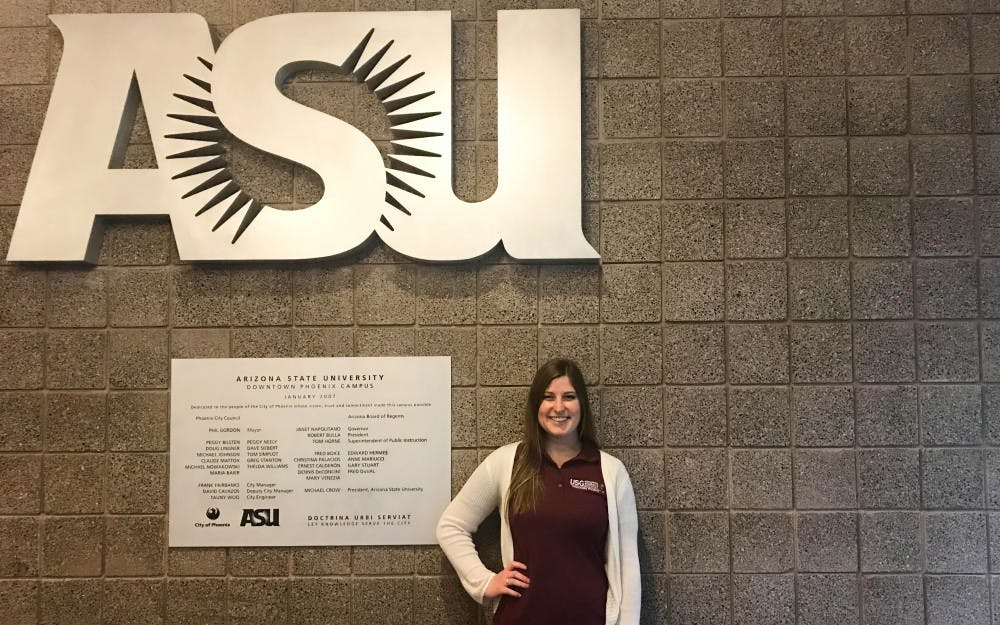As election season begins, the Undergraduate Student Governments on all four campuses are adjusting their campaigning strategies to focus on student engagement.
Each campus' student government adheres to the same elections code. Last month, the code was revised to allow candidates to campaign during classes for a short amount of time. Before the change, candidates were not allowed to talk about the elections within 15 minutes of a class starting, said to former College of Liberal Arts and Sciences Senator Ryan Magel.
Without the election code change, Magel said, campaigning would have to occur purely through "social media or signs around campus."
Now with the change, senators can advertise during class that elections are taking place.
W.P. Carey Senator Joshua Blinkoff, who worked on the elections code revisions, said students can give information about when USG elections are happening but cannot campaign for themselves specifically.
The revisions come as part of a broader effort to increase student engagement with USG. USG Downtown's Senate President Aly Perkins said one of the challenges of being a senator is explaining legislation to students.
"There's a proposed health fee increase that is happening right now, and there's a lot of information that's behind that," Perkins said. "So I think the most difficult thing is being able to break that down into something that makes sense and is interesting to students."
As part of a push for student engagement, Perkins asked downtown senators to conduct polls during class to gauge student opinions on raising the Student Health and Wellness Fee.
Campaign in classrooms is an important tool to increase voter engagement, Magel said.
"The main reason why we wanted to start campaigning in classrooms was to increase awareness of student government as a whole," Magel said. "This past year, we had very few people actually vote."
To become a senator, students must fill out an application, be in good academic standing and be enrolled in at least 6 credit hours, among other qualifications.
Throughout the 17-day campaign process, candidates must win over constituents through events, social media and tabling on campus. Election applications are due Feb. 23 and elections will take place on March 27 and 28.
Senator Blinkoff said he decided to become a senator to represent the students of his college.
"I really wanted to magnify the business school's voice throughout the University," Blinkoff said. "I knew a lot of my friends wanted some things to change, ... so I thought it would be great to get the voices of all students heard."
Reach the reporter at cmgiulia@asu.edu or follow @tinamaria_4 on Twitter.
Like The State Press on Facebook and follow @statepress on Twitter.




